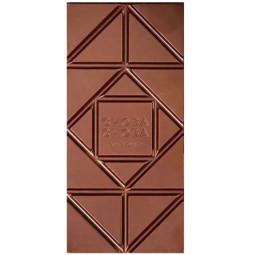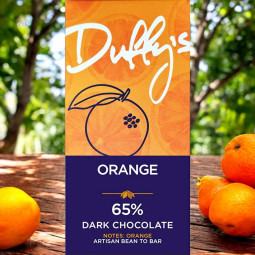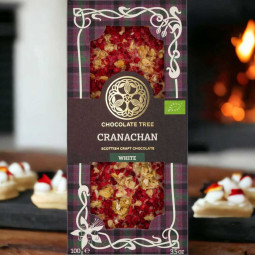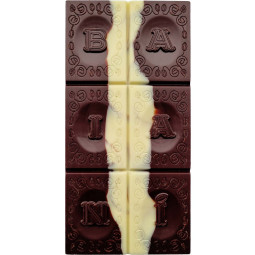Direct Trade Background
The problem with direct trade is that there is no external control. Any company can label its products with the term "direct trade." Like Fair Trade, Direct Trade is no guarantee of quality. And, even more problematic, the term does not obligate buyers to pay a certain price for the product they buy. The buyer might even pay less than the fair trade price - or even less than the commodity price.
So why is direct trade a good thing anyway? When practiced in good faith, it means that the buyer has a close relationship with the farmer or producer and has first-hand knowledge of the product's working conditions and quality controls. It also means that the buyer negotiates a price directly with the producer. And when that price is negotiated in good faith, it is fair compensation for the time and effort the farmer or producer has put into producing a high-quality product.
What does direct trade mean to us? It means chocolate makers visiting farms and meeting farmers; taking the time to discuss farming practices and convince us they are sustainable; around labor practices and meeting with the people who grow, harvest, ferment and dry the cocoa.
And most important of all: to negotiate a fair price with the farmers and cooperatives or with the organization that works with them. In most cases, the price we negotiate is significantly higher than the price paid for Fair Trade certified beans. As we mentioned earlier, the current Fair Trade minimum price for a ton of cocoa is $2,400. Adding the fair trade premium of $240, one would pay $2640 for a ton of fair trade cocoa.
However, to get top quality cocoa the plantation must be tended all year. As we always say, if I need a shelf, I can go to a furniture store and buy a standard shelf. If I want it to fit my purposes exactly, I go to a carpenter who makes it for me according to my exact wishes. Of course, that costs more than the standard shelf.
Many of our chocolate manufacturers pay $5,000 and up to get the highest quality cocoa. We have also read of prices as high as $9,200/ton for Esmeraldas cacao, $7,400/ton for Ucayali cacao. These prices reflect the time and effort that farmers put into producing a product of incredibly high quality, and allow them to make a reasonable profit.
In addition, direct trade for us means that chocolatiers are interested in the long-term success of the individual growers they work with. This is because it ensures good quality for the chocolate producer and, finally, an income for the farmer that he, his family, and ultimately the entire community can live on.
























